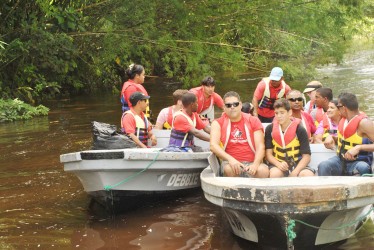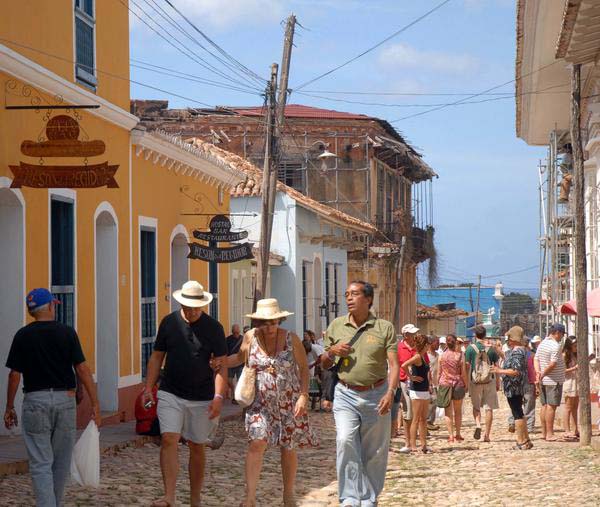As bilateral relations between Washington and Havana move inexorably closer to normalization, intra-regional discourse on the likely impact of closer ties between the once implacable foes on relations, and particularly economic ties between the United States and the English-speaking Caribbean is heating up in the region.

Much of the discourse is centred around the anticipated boom in tourist travel from the US to Cuba and the likely impact of this on the Caribbean Community’s North American tourism market.
Regional tourist destinations having contemplated the issue for months on end, the Barbados-based Caribbean Hotel and Tourism Association (CHTA) finally issued a White Paper towards the end of June articulating its thoughts on the subject.
Evidently concerned over the likely implications for the tourism-dependent Caricom countries of increased tourist traffic between the US and Havana, the White Paper is advocating the creation of a partnership with the US; a Caribbean Basin Tourism Initiative, modelled after the Caribbean Basin Initiative of almost four decades ago and designed to boost investment in tourism and travel to the English-speaking Caribbean.
The CHTA White Paper is careful not to display any animosity to the prospects of Cuba securing a bigger share of the US tourist market, but it nonetheless makes clear its concern that the further relaxation of travel to Cuba for Americans could be the biggest and most disruptive pebble to be dropped into the Caribbean pool in 50 years.
Even in the face of the travel restrictions between the two countries, Cuba has, over the years, been no slouch as far as tourist arrivals are concerned. Between January and May this year Cuba reportedly saw a 36 per cent increase in US visitors from the same period in 2014 plus a 14 per cent hike in


